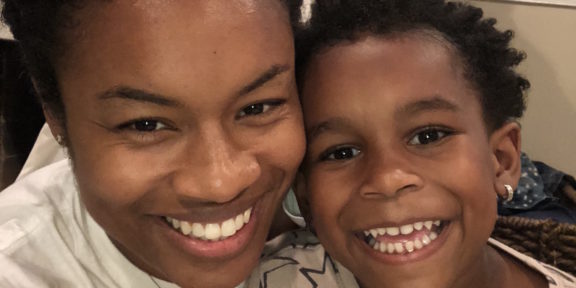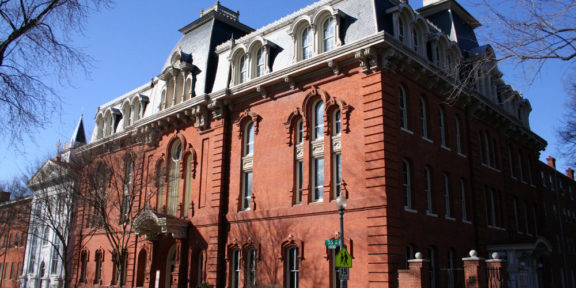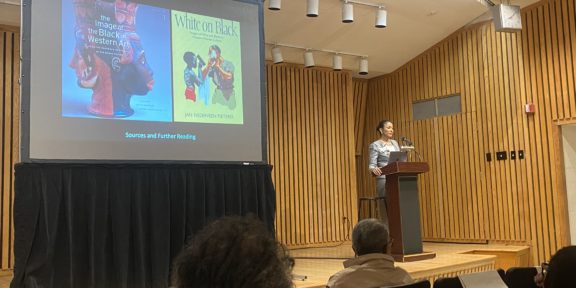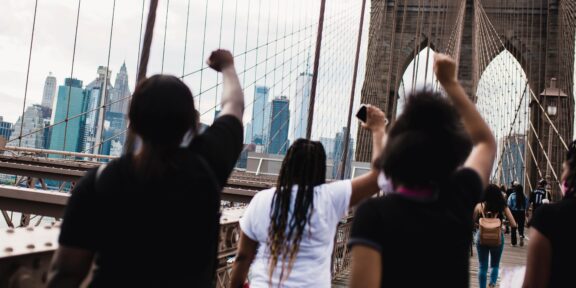WASHINGTON D.C. — On a chilly February day overlooking the Tidal Basin, National Park Ranger Joseph Mohr began an oration detailing the events of Thurgood Marshall’s life. A modest, diverse audience of tourists gathered beneath the 30 ft Martin Luther King Jr. Memorial in anticipation of Ranger Mohr’s retelling of Thurgood Marshall’s life.
Meeting beneath the towering leader was purposeful for this conversation. Ranger Mohr described how both men were influential in the movement for Civil Rights.
“Outside of their influence in the Black community, they were alike in other ways,” Mohr explained. “Both of them legally changed their birth names.” He recounted how MLK Jr.’s father changed his first name from “Michael” to “Martin Luther” to emulate the courageous Martin Luther that challenged the Roman Church. For Thurgood Marshall, the extra syllables in his birth name, Thoroughgood, garnered him teasing and name-calling
For the next hour, the crowd was encapsulated in a thorough reimagining of Marshall’s life. Ranger Mohr talked about his childhood, his time at Howard University School of Law, his journey to the highest court in the nation, and his accomplishments as a Supreme Court Justice.
“One of my favorite stories about Thurgood Marshall comes from his time at Frederick Douglass High School,” Mohr continued. A rambunctious teenager, Thurgood Marshall was constantly getting in trouble. Fed up with his antics, one of his teachers sent him down to the school’s basement and told him he couldn’t leave until he memorized the entire United States Constitution, Mohr explained.
Mohr also shares stories that aren’t likely to be found in general accounts of history. Ranger Mohr shared a story about how Marshall’s wife was upset that an artist didn’t paint his wedding ring into a portrait. He told another one about how John F. Kennedy and Robert Kennedy were debating about whether Thurgood Marshall was “black” enough to represent colored people before nominating him to U.S. Court of Appeals for the Second Circuit.
Troi Henderson, a senior TV and Film Production major at Howard University, said she appreciated Mohr’s use of oral history.
“There’s a lot of cultural significance in literally talking about history,” she said. Many cultures did it that way for a long time. I like that we get to hear more anecdotes than we would if we were just reading.”
Ranger Mohr considers himself a local historian that tries to remain relevant by emphasizing the humanity of Thurgood Marshall.
“I want to talk about him as a person,” he said. “When you dive too deep into the law cases, it can be really hard to follow.”
In addition to his “Remembering Thurgood Marshall” series, Ranger Mohr also leads a series about MLK Jr. and Ella Baker. For more information on the dates and times of these events, visit the National Parks Service’s official site.






